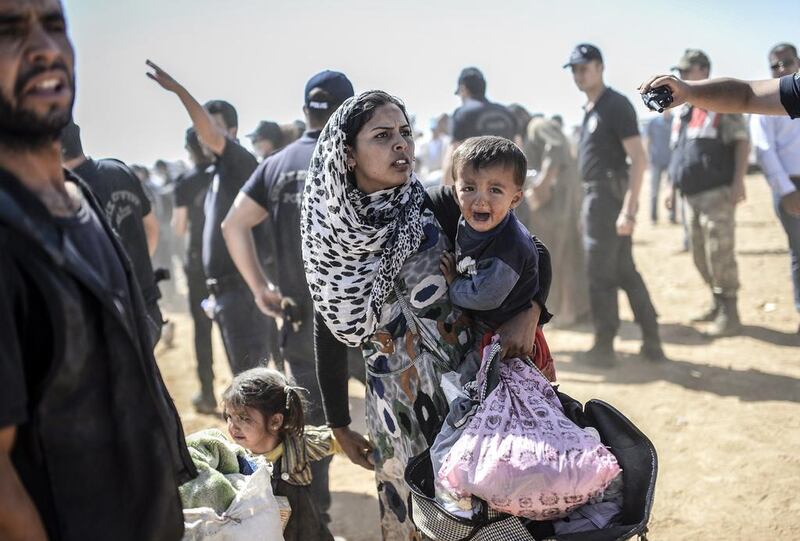My first encounter with crippling fear was unexpected and overwhelming. As I was waiting to board a Dubai–Doha flight, an anxious feeling suddenly welled up in me. My heart raced and I could feel cold sweat beading my spine.
By the time I was actually on the flight, I couldn’t control the way my body shook. A fellow passenger offered me a blanket thinking I had fever. I thought to myself that this must be a new fear and I was surprised because up until that point, I had never thought twice about boarding a plane. Soon after though, I realised that this was not a fear of flying, but a panic attack triggered by the flying experience as a whole.
I was going through a challenging time personally and was experiencing other anxiety related symptoms too, so I immediately decided to find a solution. I started exercising, resumed my meditation sessions and scheduled an appointment with a therapist.
A few sessions into therapy, I was advised to try hypnosis. Very sceptical, I went into my first hypnotherapy session. The goal was to manage my anxiety at the subconscious level and replace it with positive experiences.
Five sessions into hypnotherapy, my therapist suggested that we try to trace the first time that I experienced fear. She explained to me that anxiety and panic attacks are rooted in fears experienced at some particular point in time. These fears are triggered again and again by circumstances. If we understand the root cause of the fear and its related trigger, we can develop a greater degree of awareness and control.
Five minutes into that memorable session, I was in a state of complete relaxation and ready to tap into memories deep in my subconscious. My therapist asked me to specify when I first experienced fear: before, during or after my birth?
In my mind, I ridiculed the question. But my mouth opened and out came an answer: “Before”. I was shocked at my own answer but seemed to have no capacity to edit what came out of my mouth for the next 15 minutes.
I recounted an experience from two generations before. It was set in a village; the houses were on fire and women and children were fleeing in terror. “What are they afraid of?” my therapist asked. I replied that it was wartime, and they were afraid they would be massacred, as had happened to others before. They were terrified not of death, but of how they would die.
After the session, my therapist was intrigued. She asked me about my heritage and I explained that I was Palestinian and that my grandparents had lived through the terrors of the Palestinian exodus of 1948.
As for me, I was baffled by all that I had told the therapist and was about to put it all down to imagination. But she explained how recent studies proved that fear can be inherited. The fallout from a person’s traumatic experiences can ripple through generations.
In an experiment on mice, the parents learnt to associate the scent of orange blossom with shock. Their children and grandchildren also responded with fear to the scent even though they had never smelt it before.
Fear manifests itself in different forms. It can present itself through panic attacks and anxiety disorders. In the case of severe trauma, and war-linked trauma specifically, it can manifest in the form of Post-Traumatic Stress Disorder. A serious condition, PTSD can cause depression and has been linked to increased violence, aggression and isolation in those exposed to the trauma at an early age.
Two generations later and very detached from warlike situations, I still struggle with those fears associated with war and terror. And I can’t help but recall a recent report by Unicef on how 370,000 children in Gaza need psycho-social care after the 2014 war. I can’t help but think of the hundreds of thousands of children in Syria and Iraq who need this too to help them process the terror they have witnessed.
Our region has a generation of future adults that are at an exceptionally high risk of depression and increased aggression. Tents and food are critical. But what is even more critical is rebuilding the human psyche. That is where our battle against fundamentalism, aggression and extremism starts.
Rana Askoul is a UAE-based writer
On Twitter: @RanaAskoul





